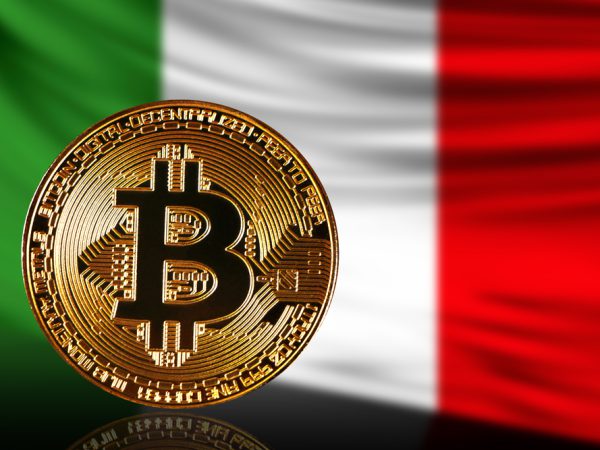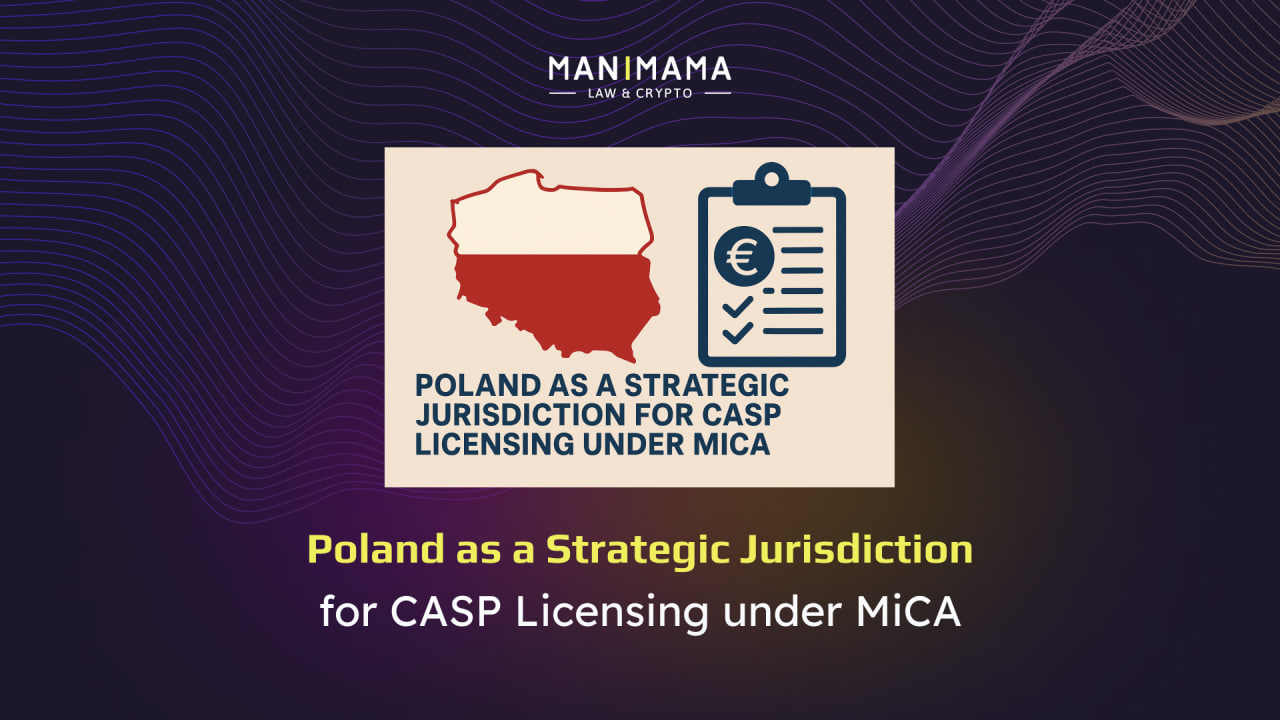The use of cryptocurrency has seen a significant increase in Italy where more and more users are using virtual currency as a payment option.
Covid-19 pandemics further fostered online payments, as cash payment was seen as a means of potential infection. Despite cryptomarket rising interest and spread of cryptocurrencies in Italy, there are no obvious rules established to regulate the crypto sector.
Thus there is a growing need for governmental intervention and Italy is cautious about the disquieting rise of cryptocurrencies. The article analyzes how the government has chosen regulation over prohibition to set up its own legislative framework.
Attempts to define crypto assets
The government of Italy has been attempting to define cryptocurrencies and related digital assets, although the law has not explicitly established a clear definition.
However, the notion of “virtual currencies” has been clarified for Anti Money Laundering purposes in the article 1 of Legislative Decree no. 90 (2017) (which implemented the Fourth Anti-Money Laundering Directive) as following:
‘digital representation of value, which has not been issued or backed by a central bank or a public authority and which is not necessarily pegged to a legal tender, but which is used as a means of exchange for the purchase of goods or services or for investment purposes, and may be transferred, stored or negotiated electronically.’
Subsequently, further legislative efforts were observed through Article 8 of Law Decree No.135 (2018), which laid down the definition of DLT in the following manner:
‘[DLTs] are defined as ‘technologies based on distributed register’ technologies and computer protocols that use shared, distributed, replicable ledgers, simultaneously accessible and architecturally decentralised on a cryptographic base such as to allow registration, validation, updating and archiving of data both in clear text and further protected by cryptography verifiable by each participant, but which is not alterable and not editable.’
The storage of an IT document through the use of technologies based on distributed registers produces the legal effects of electronic timestamps referred to in Article 41 of Regulation (EU) No. 910/2014. Likewise, paragraph 2 of Article 8 specified smart contract as:
‘a computer program that operates on technologies based on distributed registers and whose execution automatically binds two or more parties and produces effects predefined by the parties prior to execution. Smart contracts are deemed to satisfy the written form requirement provided that users are identified through an identification process that is compliant with the guidelines issued by the Agency for Digital Italy.’
Agency for Digital Italy (AgID) has been entrusted with issuance of a regulation to implement above-mentioned definitions and to determine precise standards that DLTs must accept to bring forth an electronic timestamp and to outline identification system which smart contracts are required to adopt to be subject to provisions of article 8 of the Law Decree No. 135. However AGID has not issued regulations as yet.
Classification by legal precedents
Case by case analysis is required for the crypto asset to be qualified as a financial product and fall under the scope of Consolidated Financial Act (hereinafter:-“CFA”). In light of this, the Court of Cassation issued a decision No. 26807 of 2020, expressly stating that offering of virtual assets can be treated as an offering of financial products under CFA, if it comes with a promise or expectation of financial return.
Italian courts often have contradicting views on the regulation of cryptocurrencies, since they are not legal tender in Italy. Following online bitcoin sales, the Supreme Court has established a ruling which defined bitcoins to be financial products not just a currency, and therefore governed by the CFA. Whereas the Court of Florence held that cryptocurrencies kept in the e-wallet and exchange outfit which later became insolvent as “fungible goods” (Court of Florence, ruling No. 18, 2019). Courts often had contradictory views on the classification of cryptocurrencies, but due to hierarchy of the judicial system, supreme court’s consideration of cryptocurrencies to be a financial instrument, override the presumption to view cryptocurrencies as goods.
Endeavours by CONSOB
Italy’s stock market regulator – Commissione Nazionale per le Società e la Borsa (hereinafter:- “CONSOB”) emphasised that, based on the characteristics, crypto assets may or maynot be categorized as financial products. In fact, payment tokens are not considered to be financial products, while security tokens are; utility tokens or cryptocurrencies represent legal ambiguity as they are offered to public with a promise of monetary return.
As of 2019, CONSOB initiated a public consultation on Initial Coin Offering (ICO), with the aim to draft regulation aimed at regulation crypto-assets that are covered by the scope of financial products as per CFA. Subsequently, CONSOB concluded that the use of DLTs doesn’t define the category of crypto-assets, as it might also be present in other forms of virtual assets that fall under the existing regulatory scope of financial instruments, such as security tokens and commodity tokens. The final report emphasised that issuers of virtual assets which amount to be financial products would be required to publish relevant authorised prospectus and to adopt security measures. No news with regard to regulation of ICO has been announced by the CONSOB yet.
Taxation of сrypto assets
Italian tax authority (Agenzia delle Entrate) has strived to address the crypto assets similar to other traditional assets and to apply appropriate tax regimes:
- Corporate taxation: profits arising out of cryptocurrency trading are applicable for corporate income tax, thus must be recorded in the company’s financial statements;
- Personal income tax: profits deriving from non-professional trading of virtual assets deem to be generated similar as forex trading and capital gains taxation (26%) will apply only in cases when profits held in the account is exceeds €51,645.69 worth of cryptocurrency (rates change at the beginning of each year). So, individuals must specify if they hold any cryptocurrency in their e-wallets and provide declaration any money is held in their foreign bank accounts.
Raising concerns
Italy still remains to be the jurisdiction where the cryptocurrency market is unregulated. The Chairman of CONSOB, Paola Savona claimed that unless the firm regulatory standards are established, market transparency could be deteriorating which will have a negative impact on rational choice for market operators. Besides, cryptocurrencies might serve as a tool for criminal activities such as money laundering, terrorist funding, kidnapping, tax evasion and etc.
Moreover, the Italian legislative body should identify if issuing cryptocurrencies and stablecoins can constitute as an issuance of e-money or a payment instrument under banking and electronic money legislation. The regulative stance of utility tokens should also be clarified as they don’t represent payment instruments or financial investment. However, absence of specific compliance requirements do not exclude cryptomarket participants from the purview of anti-money laundering laws.
Need for legislative oversight
It is clear that officials are worried about the boom in the cryptocurrency market which does not yet have clear regulation. Waiting for the EU to adopt region-wide laws slowed down the implementation of regulative measures at the domestic level. Further introduction of policies are still expected from CONSOB and AgID which should establish the regulative certainty and are expected to promote entrepreneurial initiatives within the crypto-economy.
The content of this article is intended to provide a general guide to the subject matter, not to be considered as a legal consultation.
photo source











